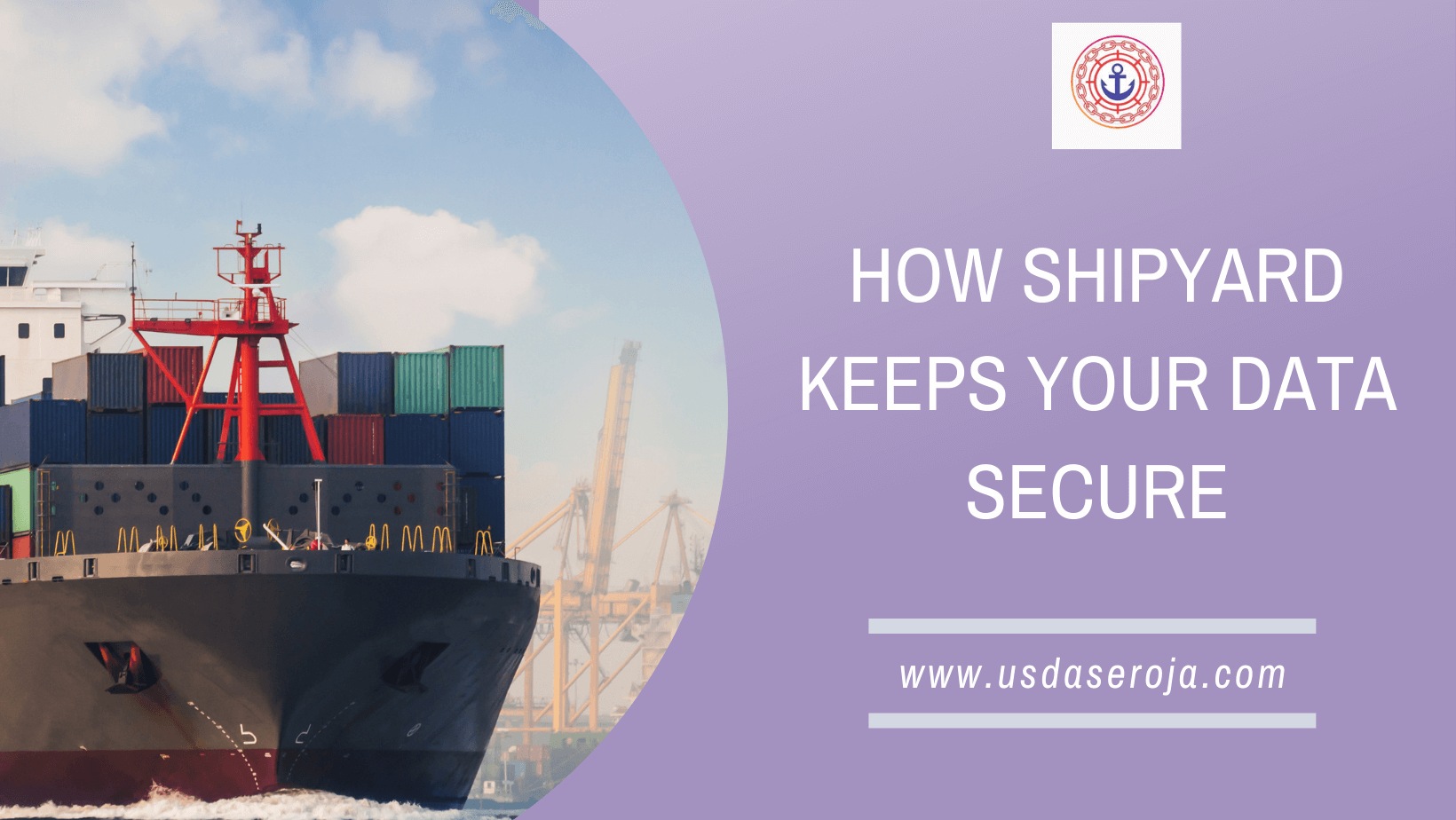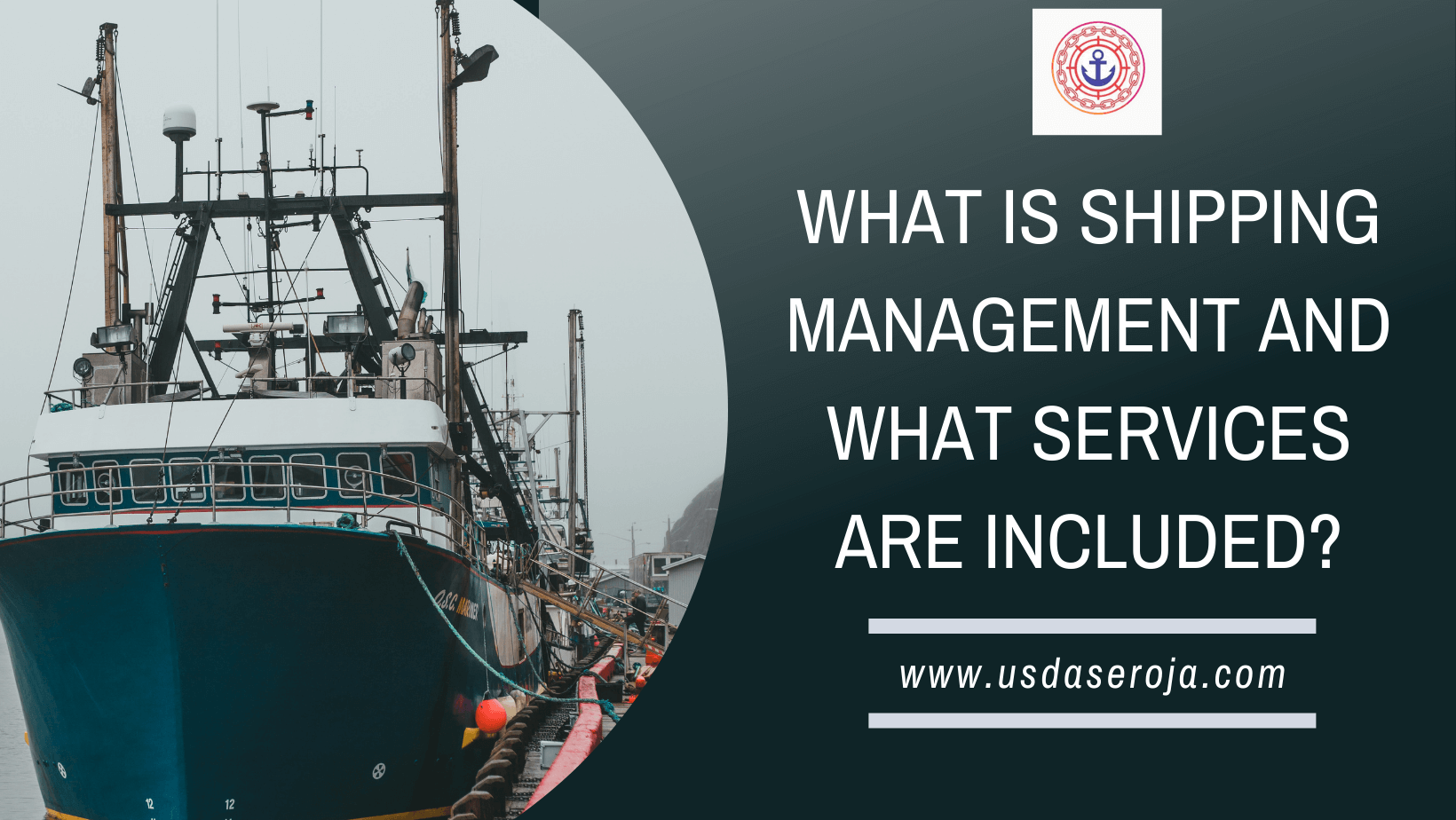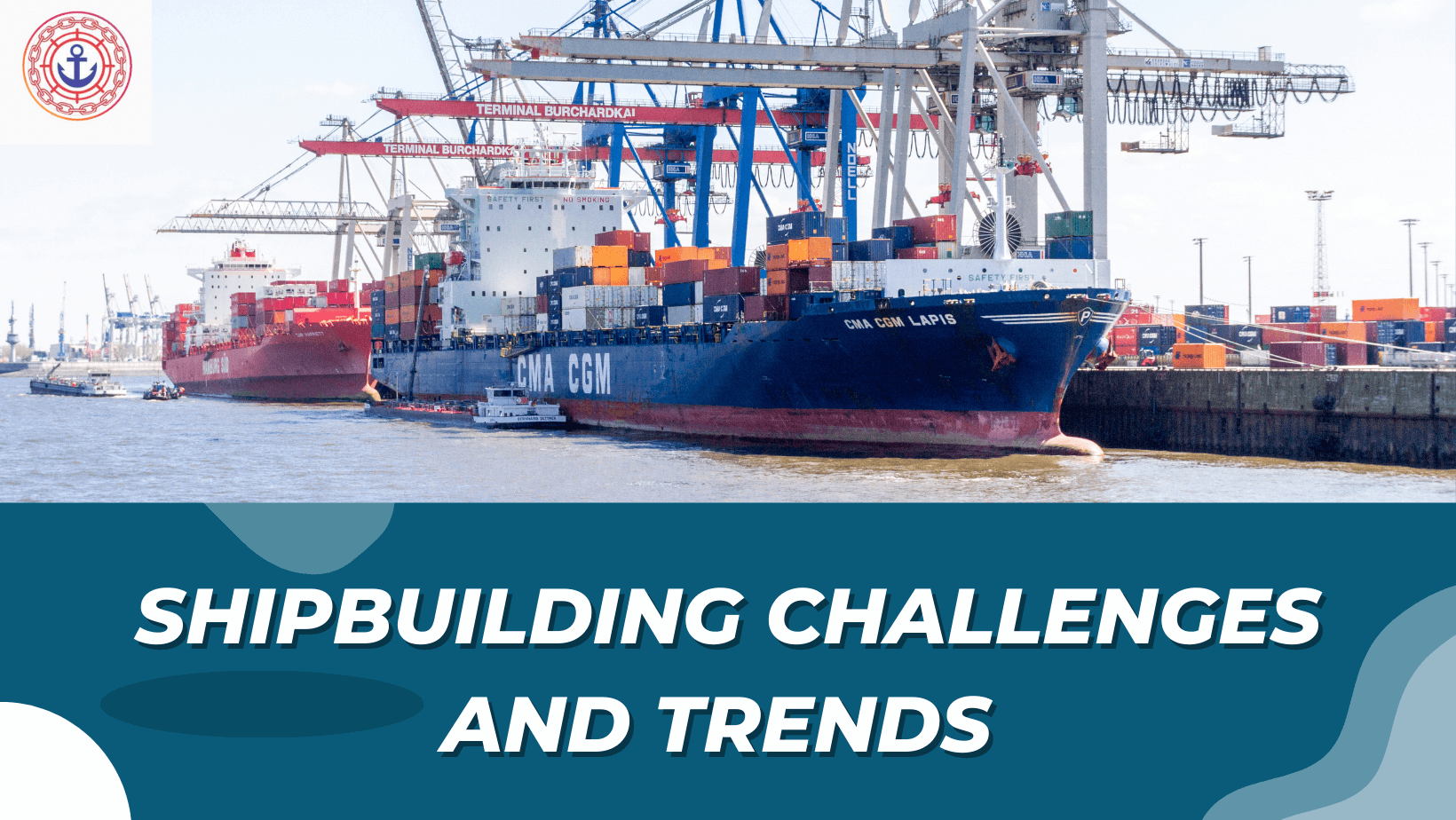A well-planned maintenance program is essential for ensuring a ship is safe and seaworthy. Periodic repairs and upkeep can help to prevent major malfunctions or accidents, keeping your crew and cargo safe.
In addition to preserving the safety and functionality of a ship, proper maintenance also reduces the cost of ownership. By taking care of small issues before they become big problems, owners can extend the life of their vessels while avoiding costly repairs.
Considering the importance of planned maintenance, it is essential that crew members are fully aware of the process and procedures involved. If done correctly by trained professionals like a ship agency, regular maintenance can help ensure a vessel remains in good condition and is ready for future use. Here we will talk about what planned maintenance systems are, how they can benefit ships, and the best ship management company.
What is a planned maintenance system?
A planned maintenance system is a system that helps maintain any equipment, like ships, automobiles, etc., by identifying and addressing potential problems before they cause significant issues. By doing this, it can help avoid costly breakdowns and ensure that equipment is running at its best.
Planned maintenance systems can take many different forms, but they all share a common goal: to help keep equipment running smoothly and efficiently. They can range from simple maintenance schedules to more sophisticated systems that track and predict problems. Regardless of the specifics, all planned maintenance systems rely on data collection and analysis to provide accurate and useful information.
Benefits of planned maintenance
Improved Efficiency
As ships are increasingly used for maritime purposes these days, their maintenance and performance have come under increased scrutiny. Maintenance has traditionally been a tedious and time-consuming process that can impact the efficiency of a ship.
A planned maintenance system (PMS) can address this issue efficiently. The system identifies and predicts the required repairs and maintenance tasks that need to be carried out on a ship.
The PMS helps to identify and diagnose problems with the ship's systems early in order to prevent them from becoming more serious. This allows the ship to continue operating at its full efficiency, which in turn reduces the need for repairs and prolongs the ship's operational life.
The system also ensures that repairs are carried out quickly and without any disruption to the ship's operations. This means that ships can continue to operate more efficiently, which leads to reduced costs and increased efficiency.
Improved Safety
A planned maintenance system is a vital component of any safe and efficient ship. The system ensures that all systems on the ship are functioning as normal and that any potential malfunctions or issues can be identified and fixed before they become serious problems.
There have been reports of a few ships crashing at the shipyard in Batam because of engine failure due to neglected maintenance of the systems. These types of mishaps can be avoided by implementing PMS.
This system can help to prevent accidents and injuries, both on board the ship and during voyages. By ensuring that all systems are up to date and functioning properly, the risk of mechanical failure, fires, or other catastrophic accidents is greatly reduced.
Furthermore, a well-functioning planned maintenance system can also save valuable time and money. By fixing problems before they become major issues, entire fleets can run more smoothly and more efficiently - which benefits both the companies who own the ships and the customers.
Improved Communication
By having a PMS in place, crew members can better plan and execute necessary repairs and maintenance tasks. This not only saves time and money but also helps keep the vessel running smoothly and efficiently.
A PMS can improve communication among crewmembers by automating communication processes. For example, the system can automatically send scheduled messages to crewmembers' workstations, alerting them of upcoming maintenance or repair tasks. This way, everyone is kept informed of what needs to be done and when it should be done.
Additionally, a PMS can help improve workflow by streamlining the process of repairing or maintaining equipment. For example, instead of having crewmembers go through various manuals and checklists, a PMS can automate these processes. This makes repairs or maintenance more efficient and less time-consuming.
Conclusion
A properly maintained ship also has a lower chance of experiencing mechanical problems. By following a PMS, you can avoid costly repairs and extend the life of your ship. Properly maintained systems can increase your vessel's efficiency and reduce the amount of time it takes to reach your destination. But to efficiently take care of your ships, you need a good ship management company.
PT Usda Seroja Jaya is the leading company for ship management in Indonesia. We understand exactly what kind of accessories and ship repairs are necessary to run ships effectively and efficiently. We can also provide you with a wide range of equipment and technical support to run your vessels safely and efficiently. Contact us today to learn more about our shipping services, or visit our website to learn more about our fleet of ships.
Disclaimer- The information provided in this content is just for educational purposes and is written by a professional writer. Consult us to learn more about PMS.




